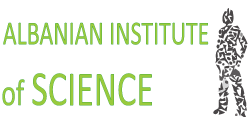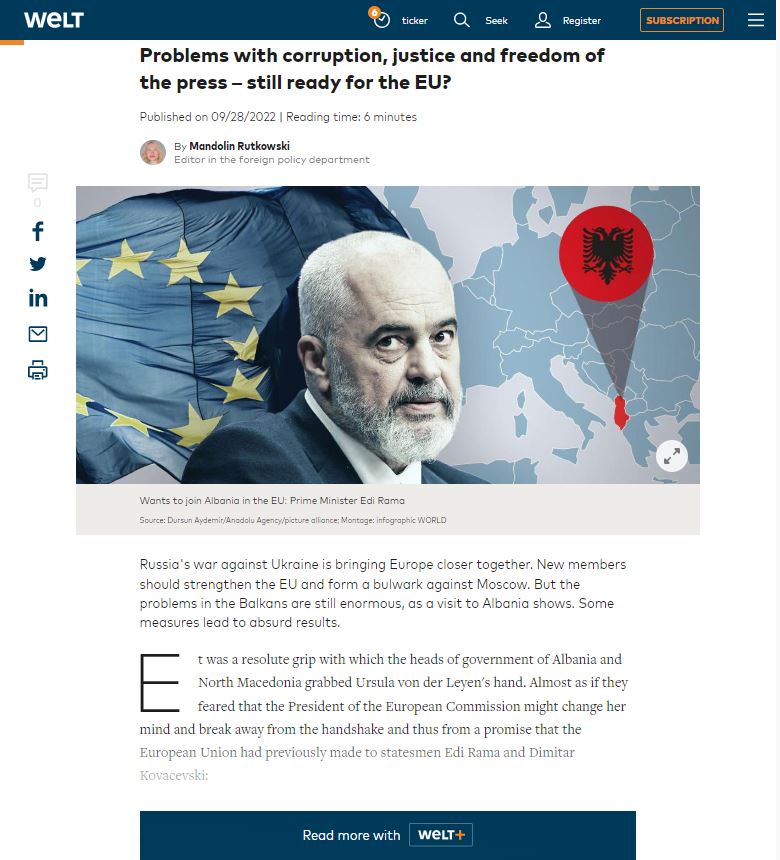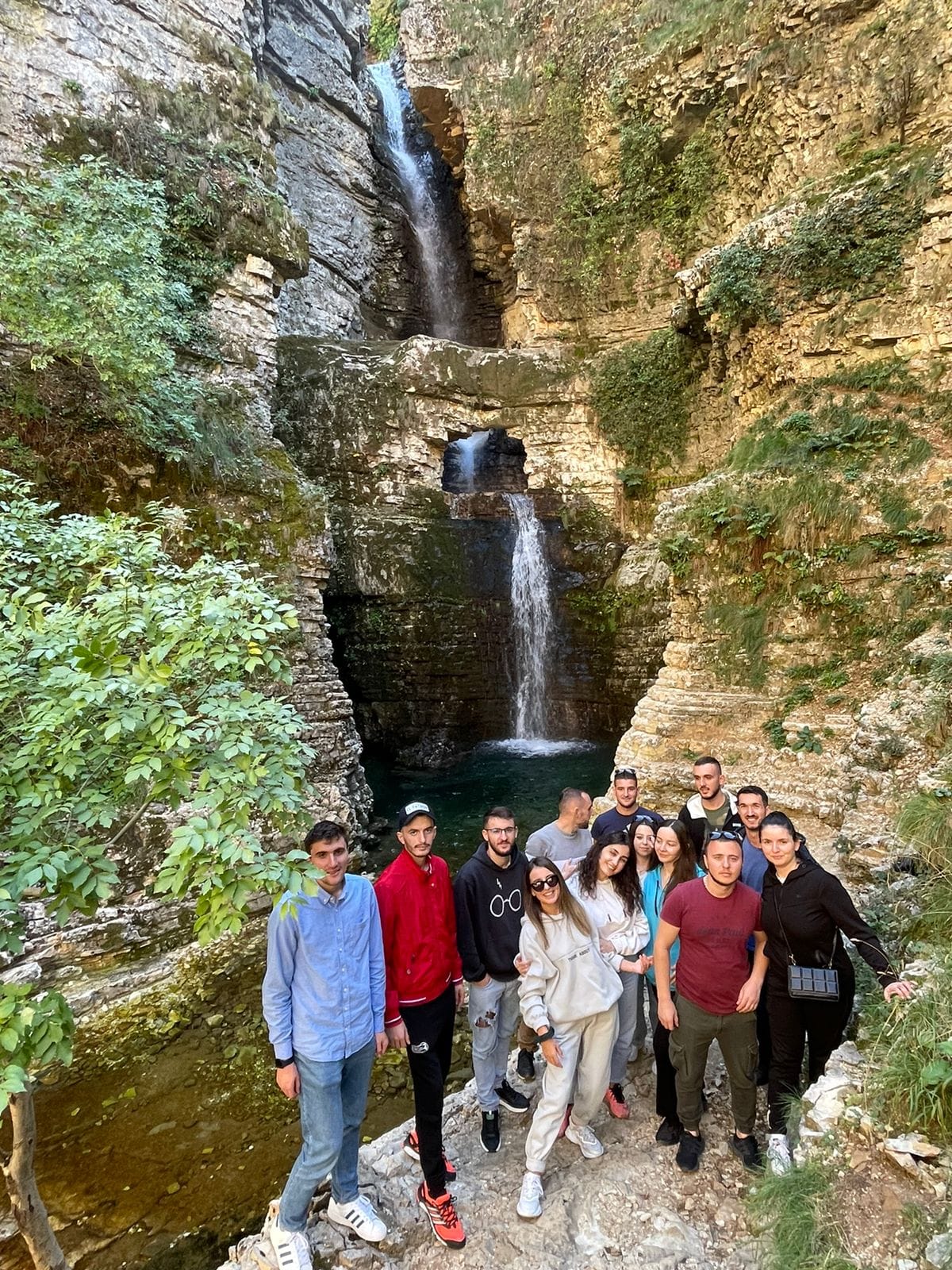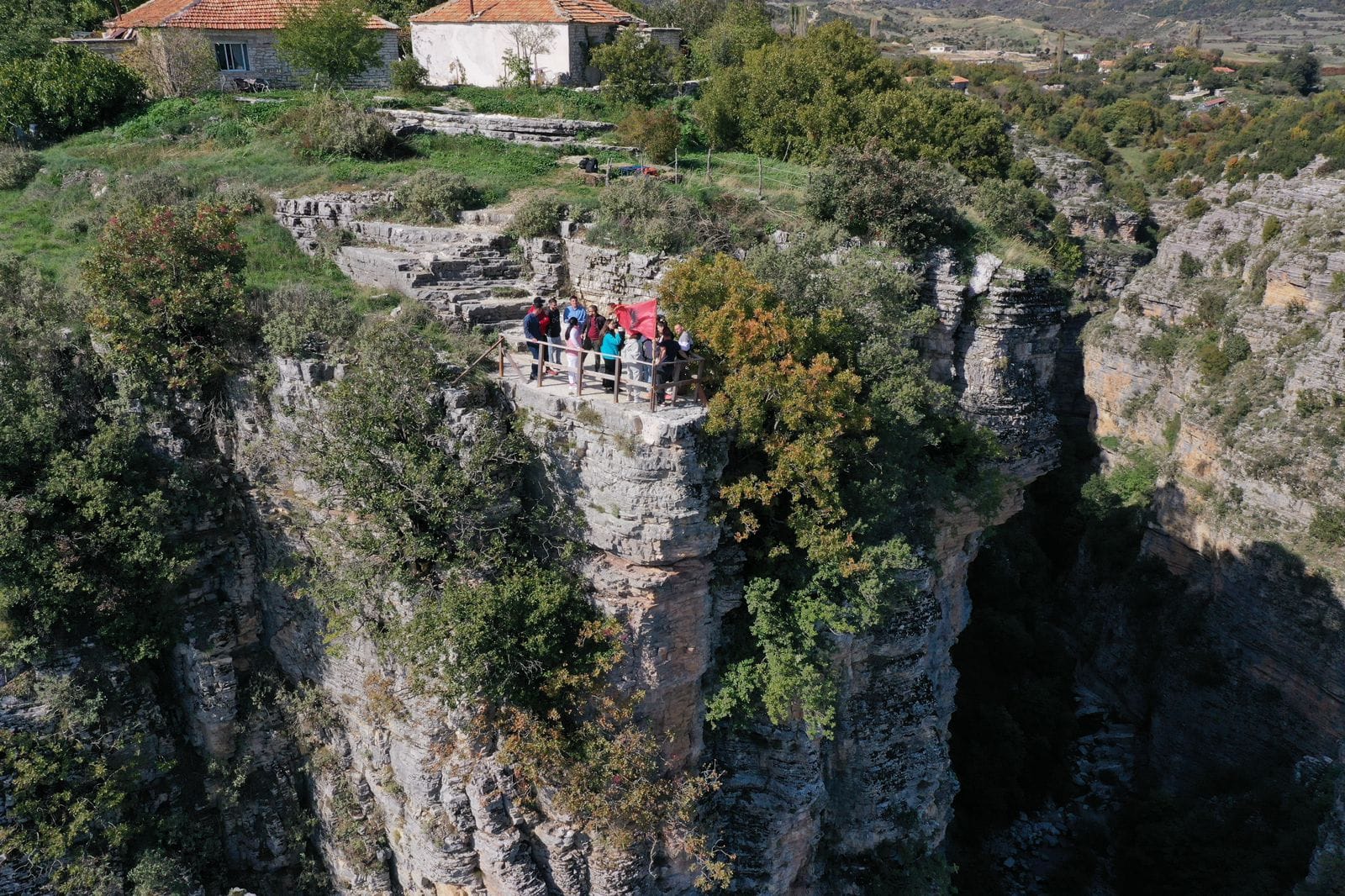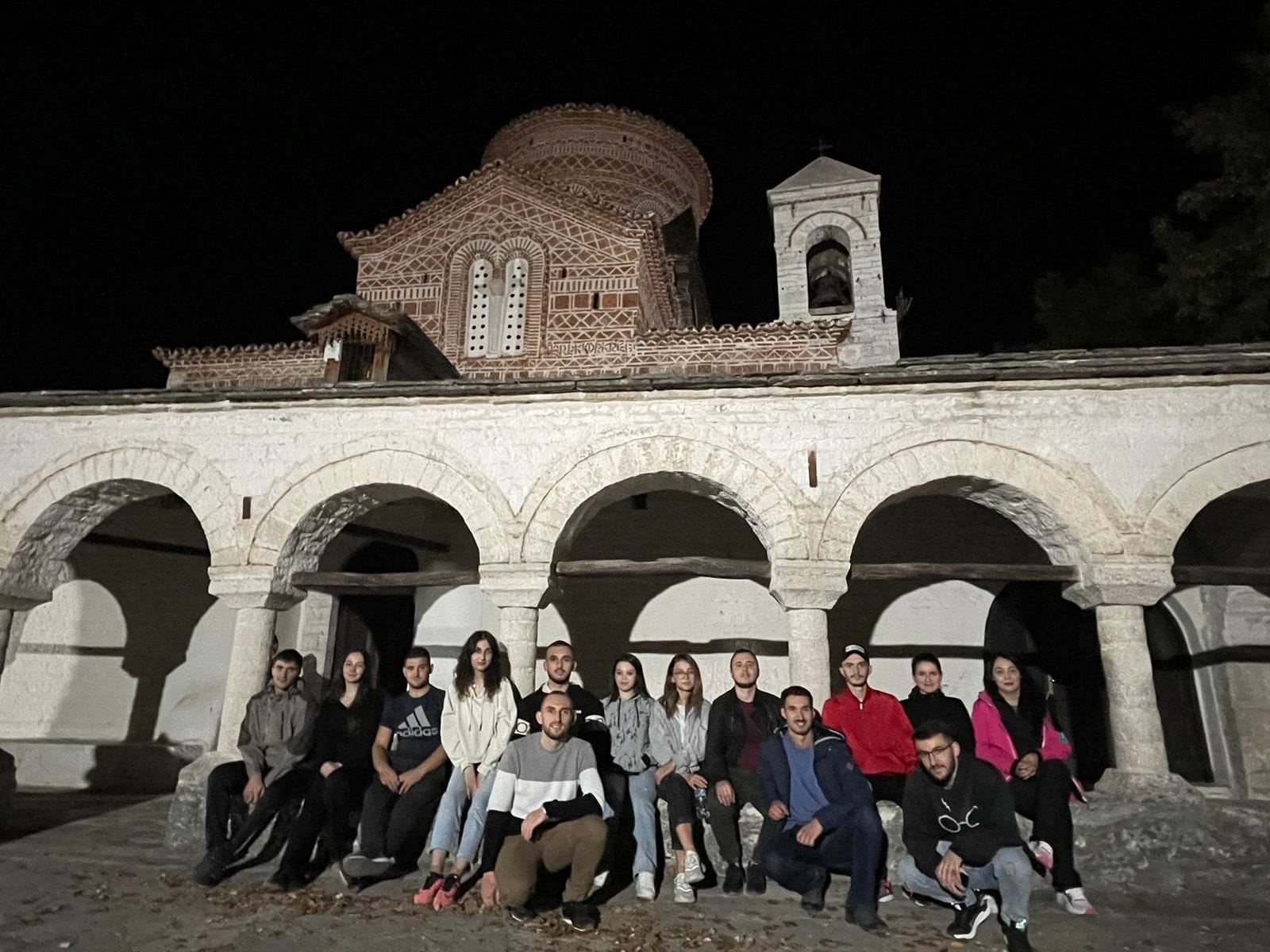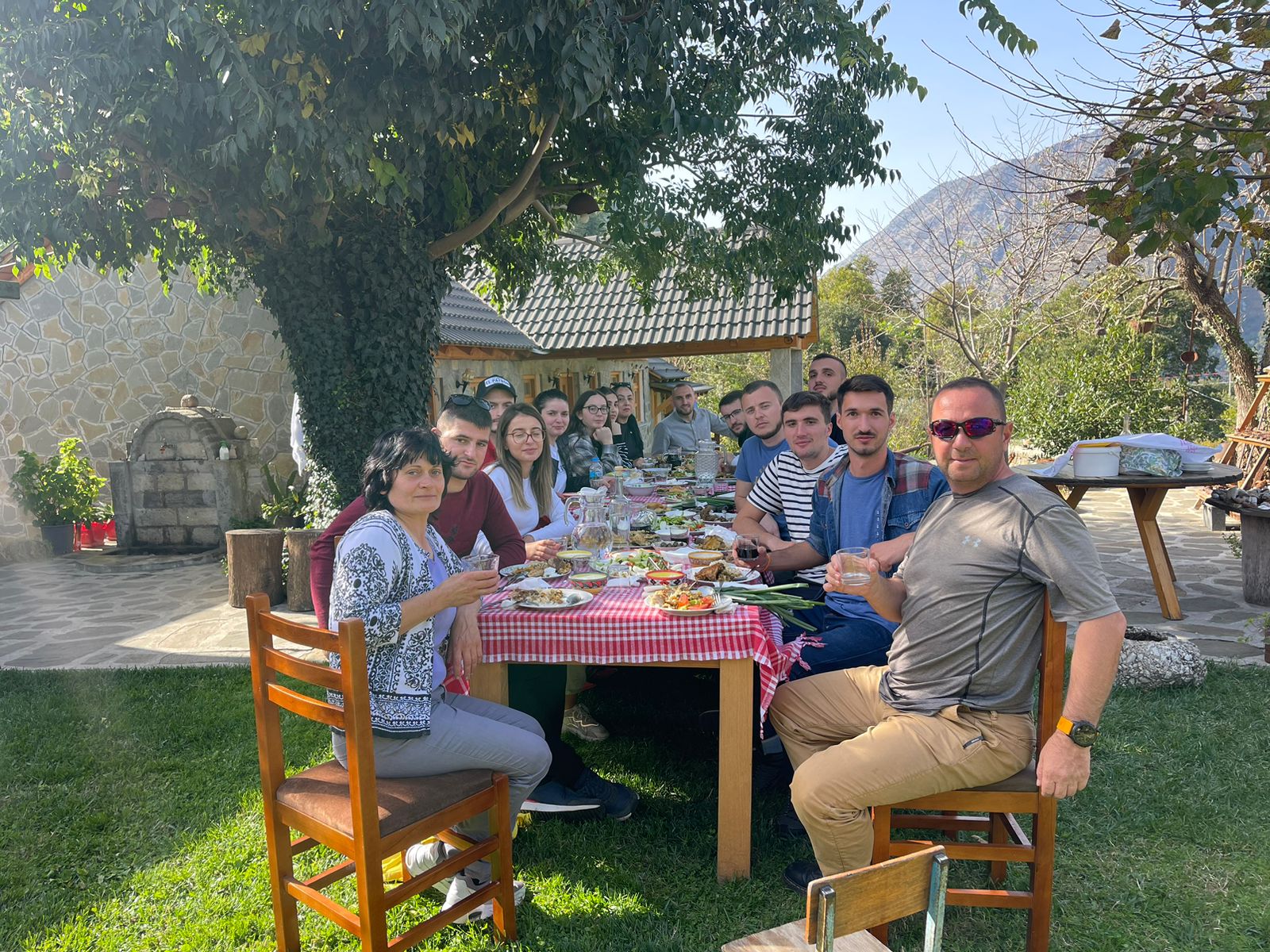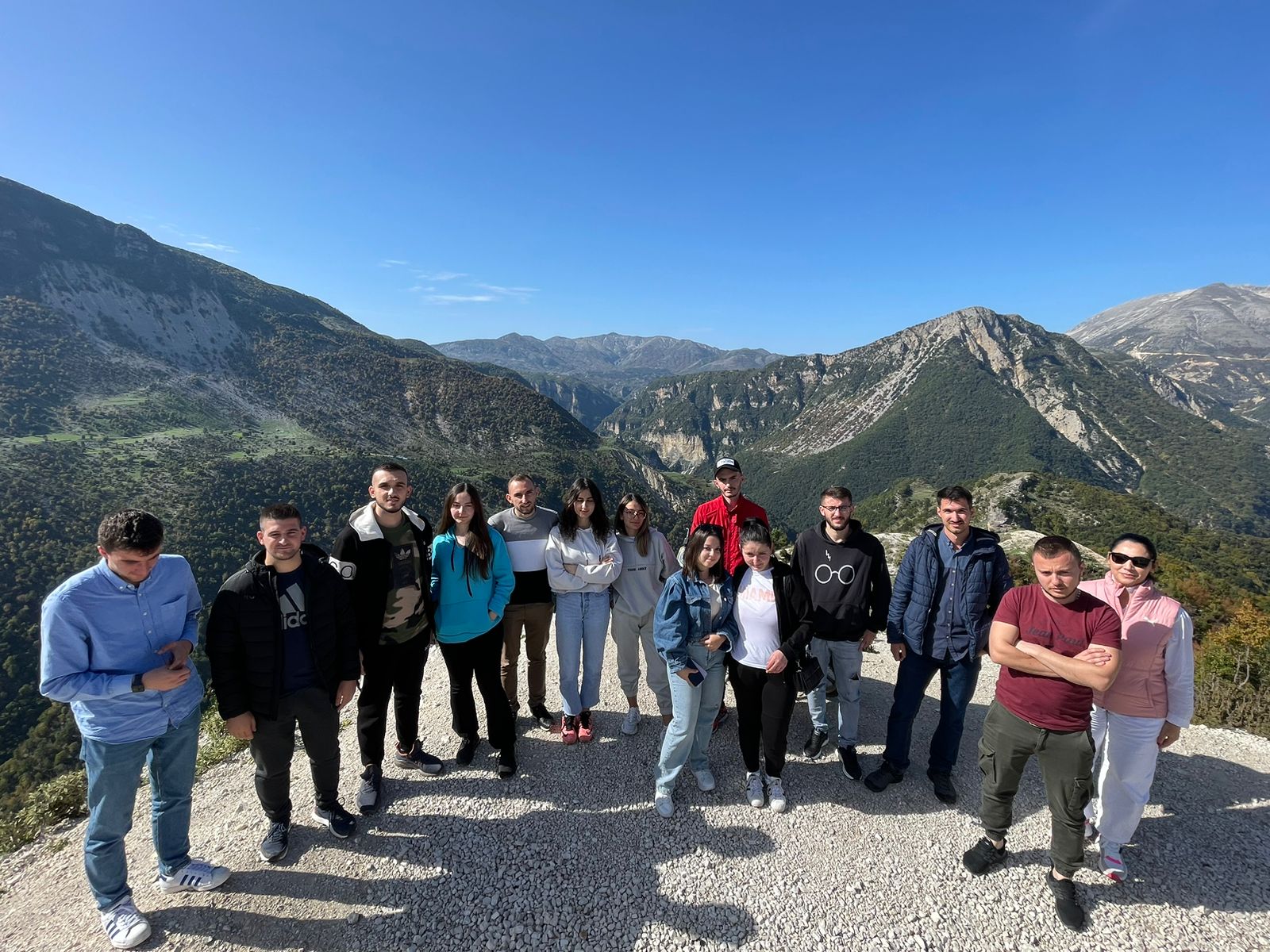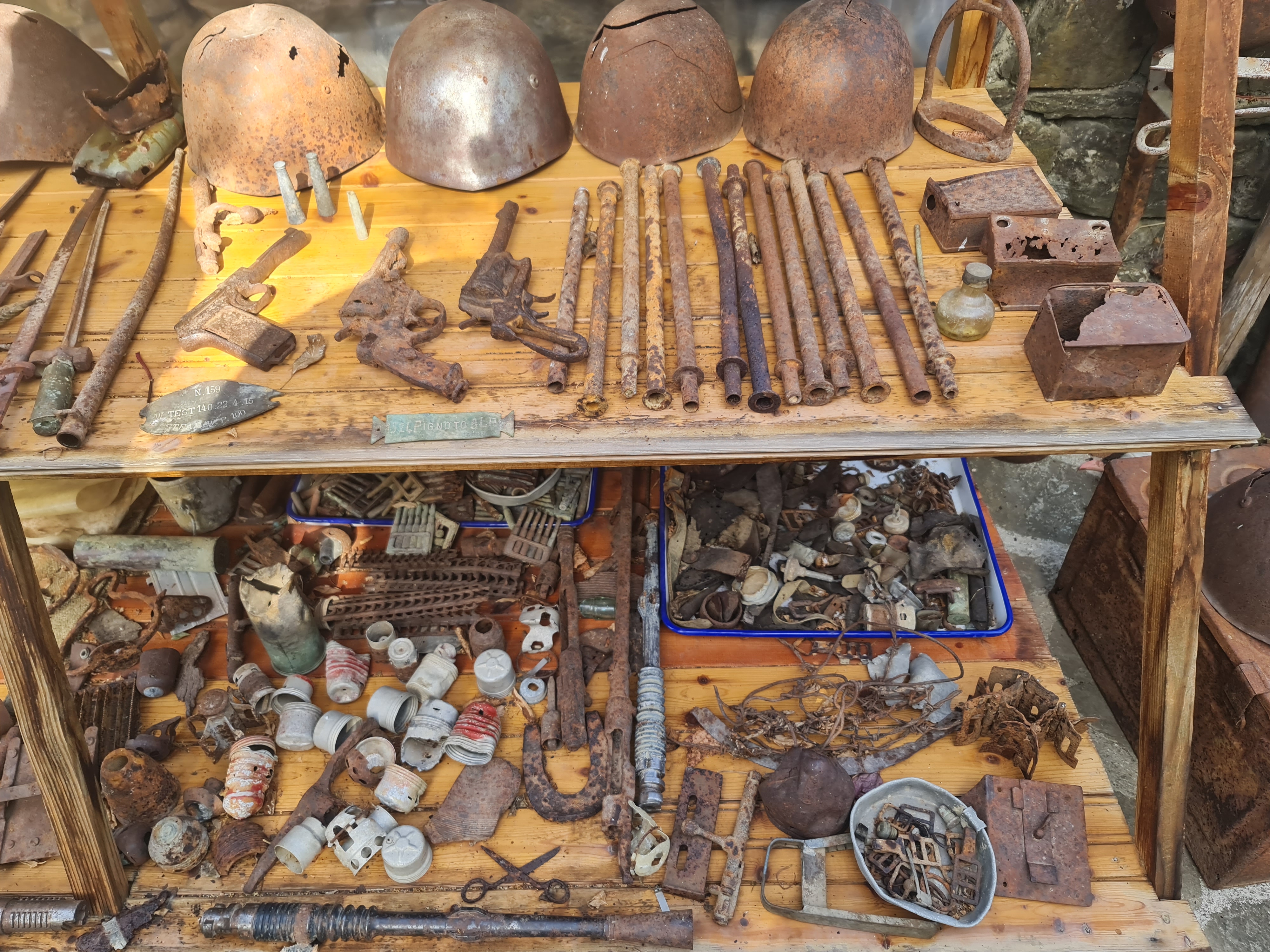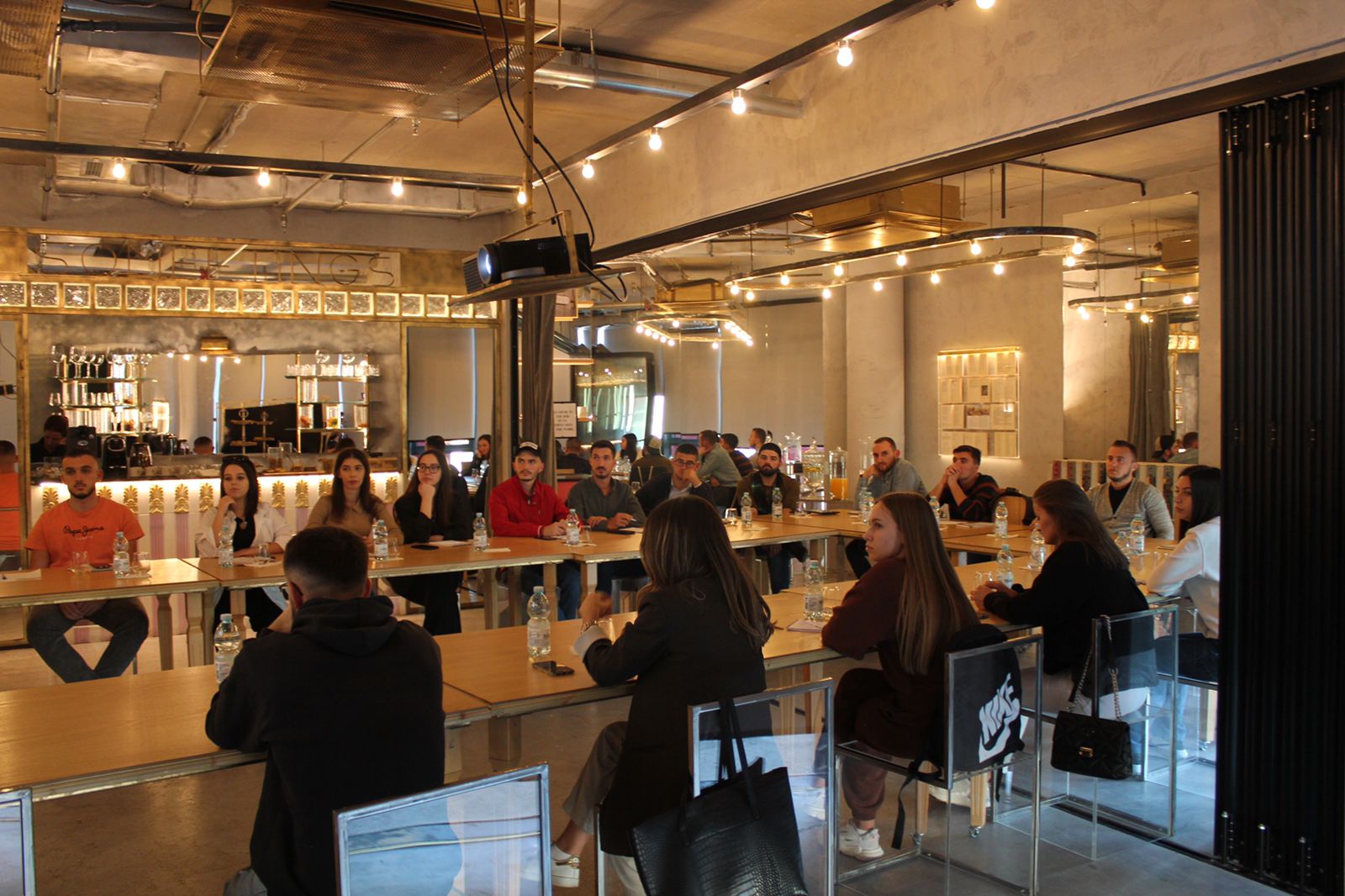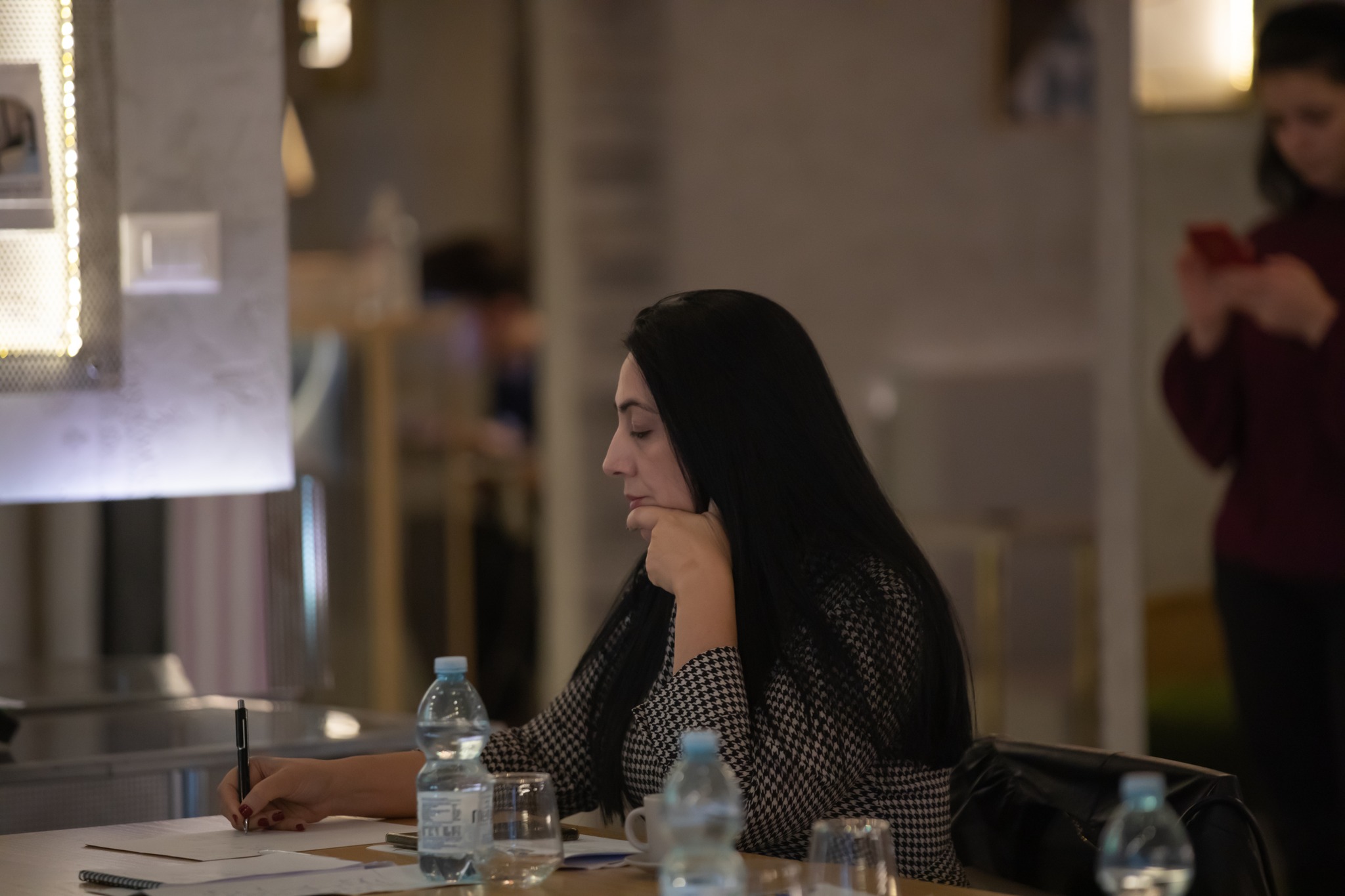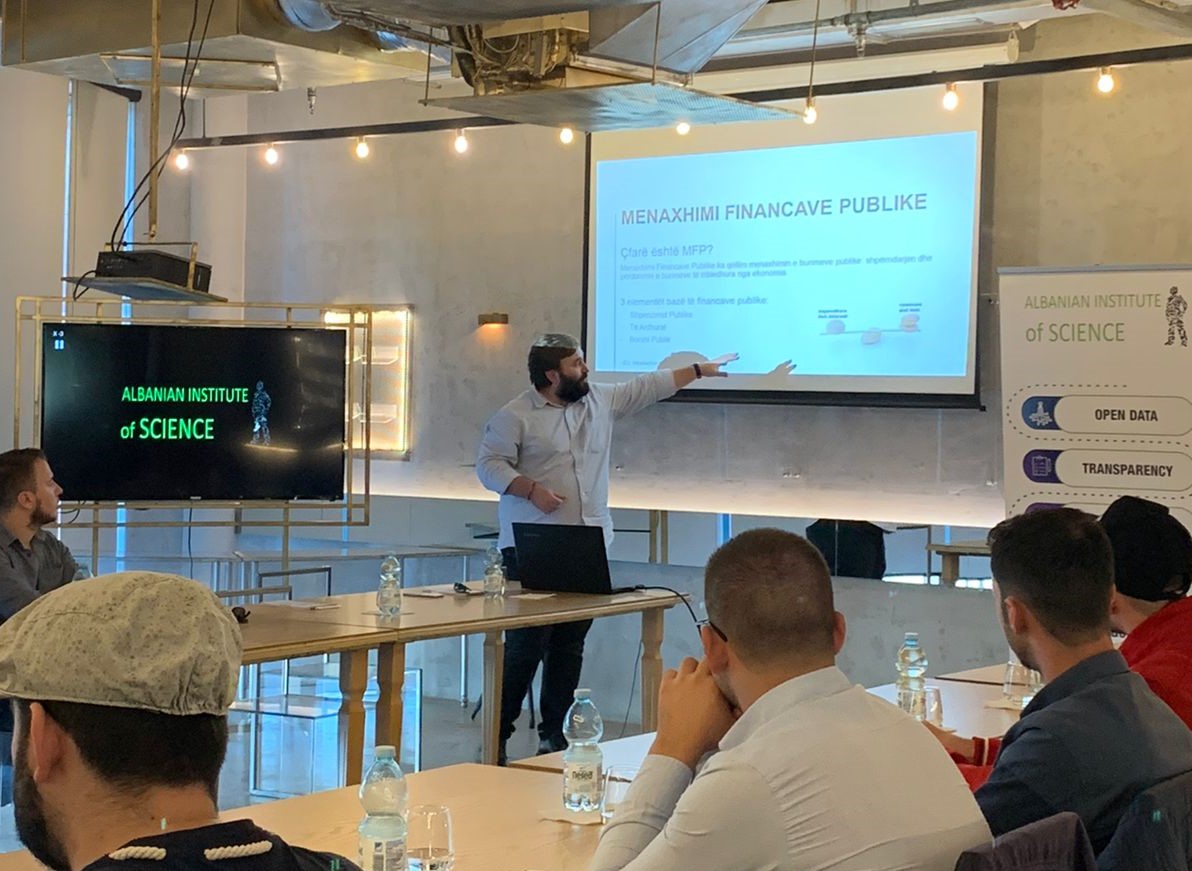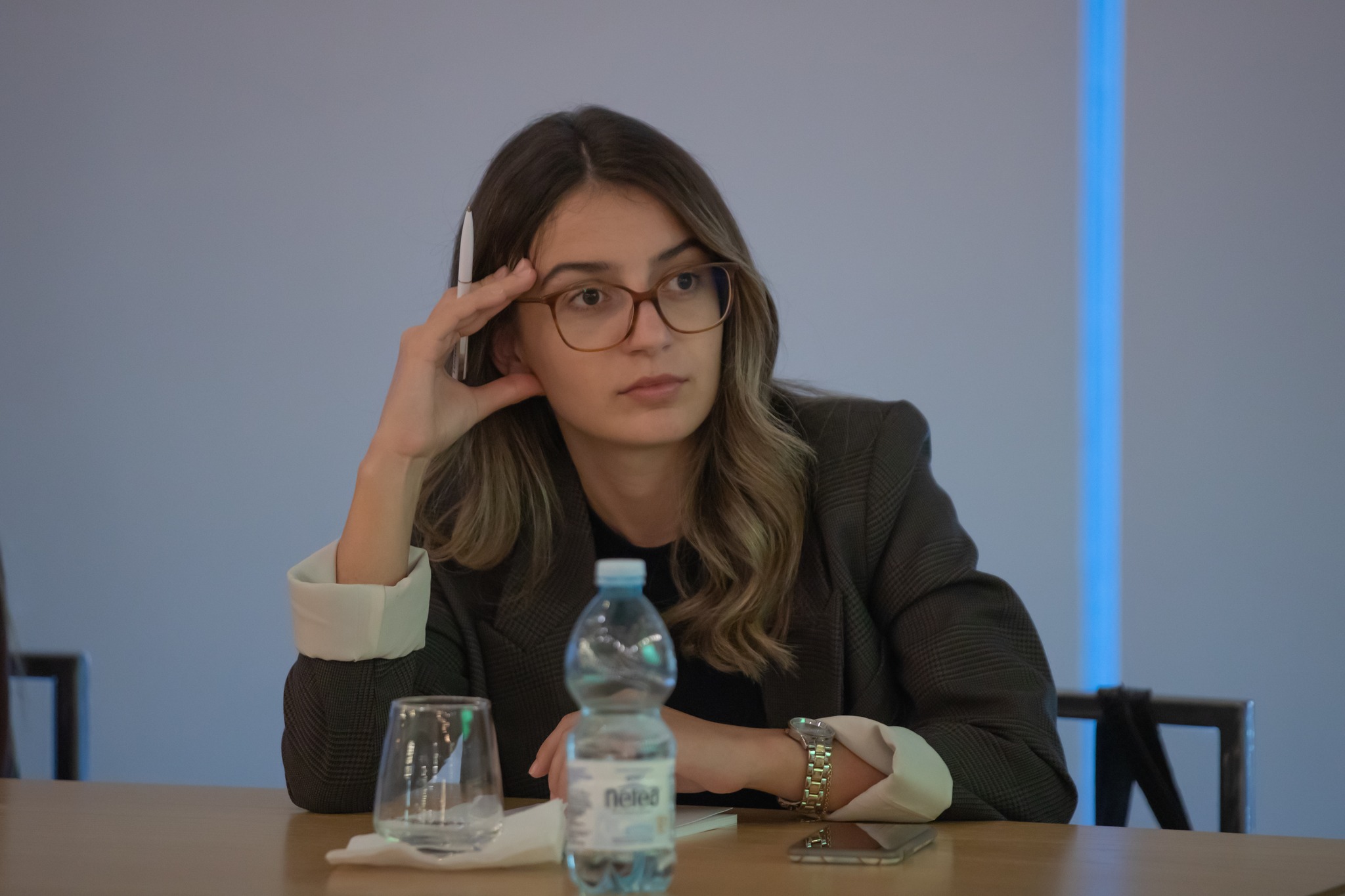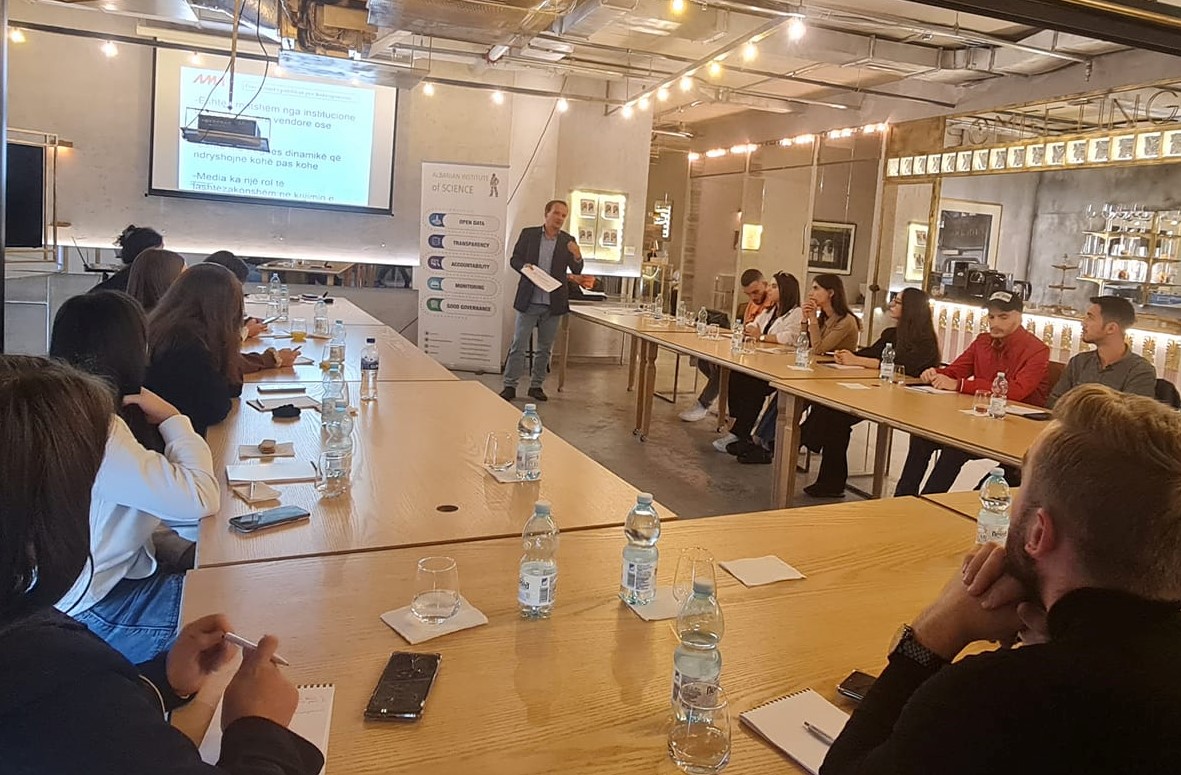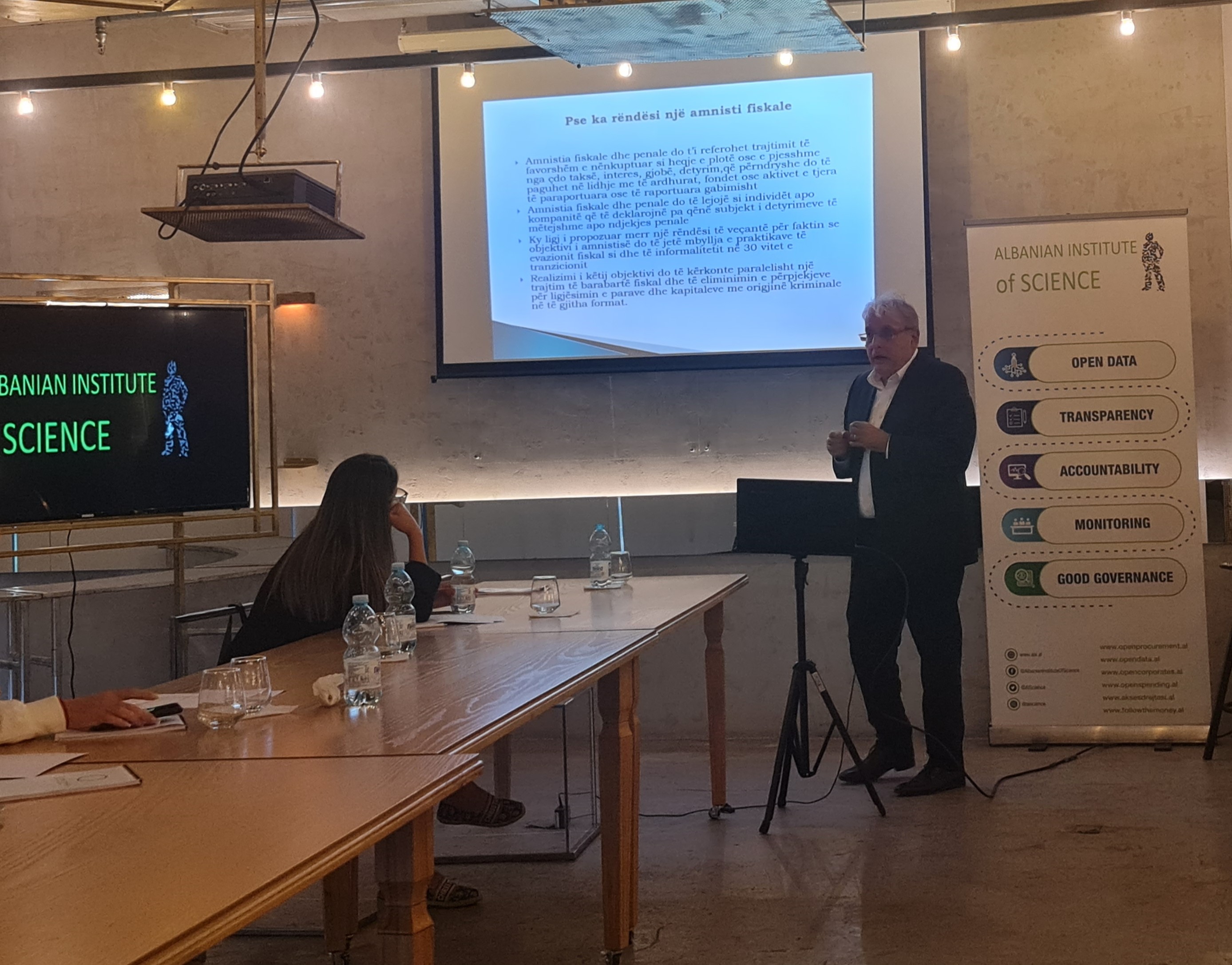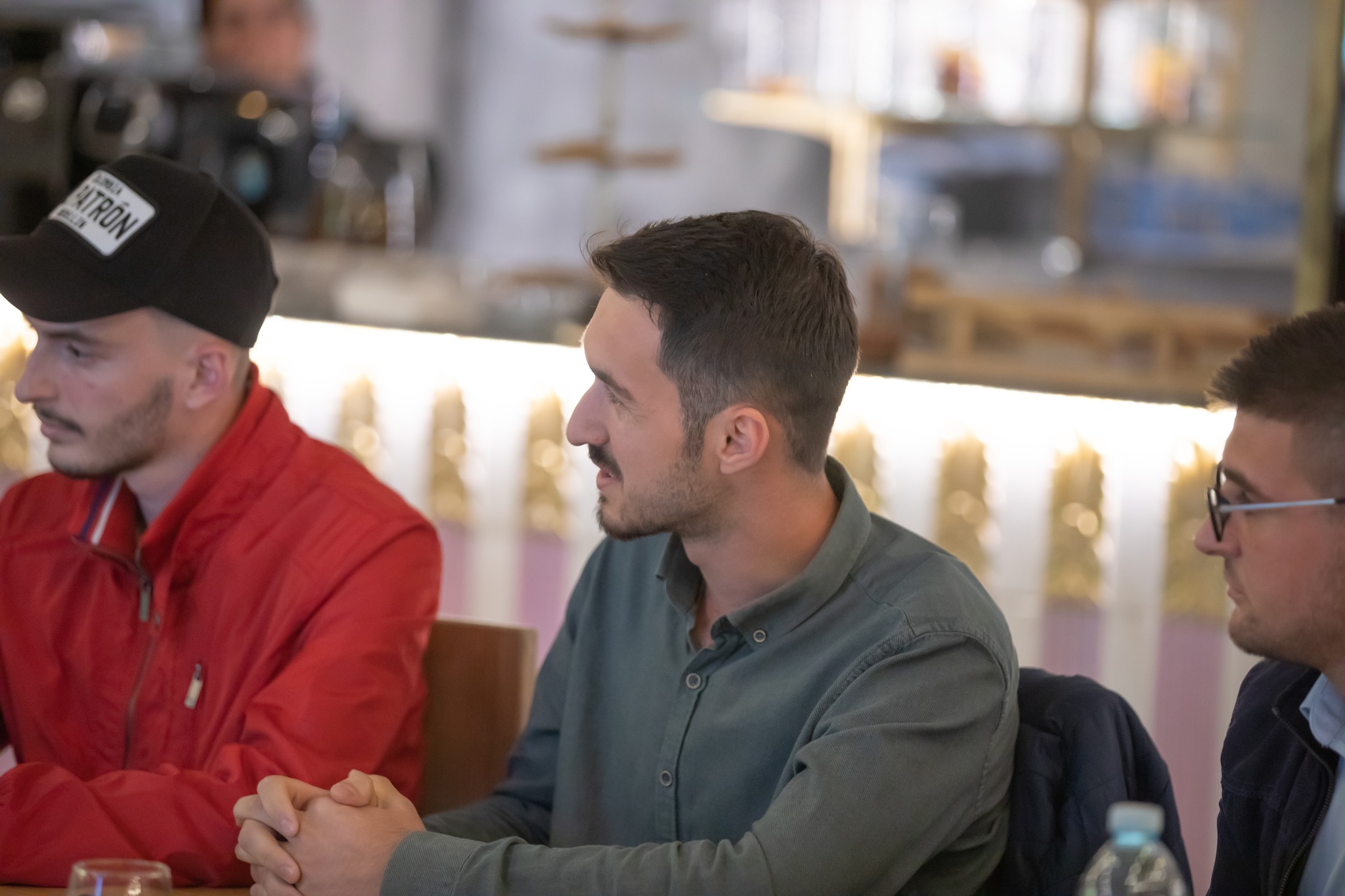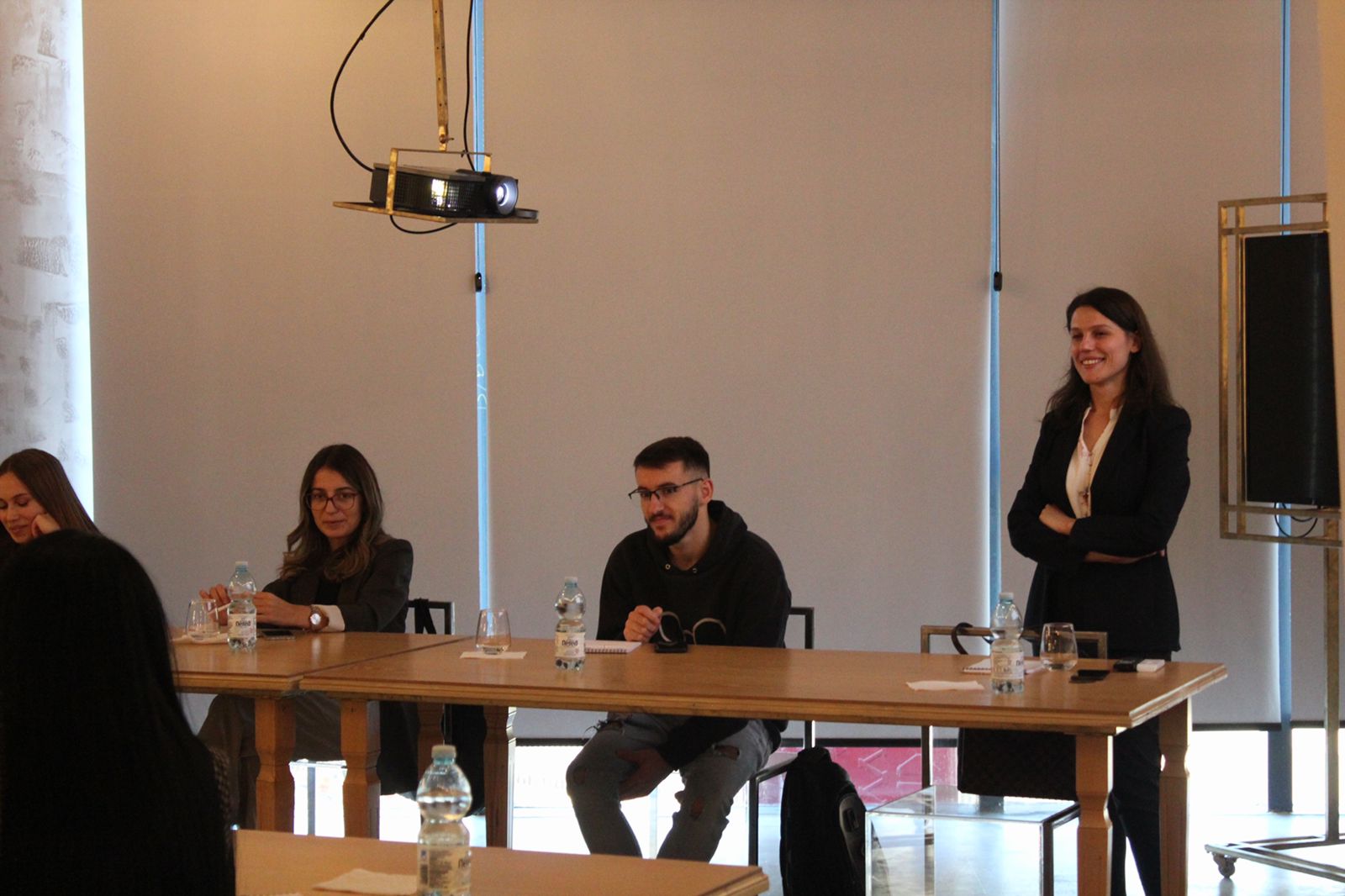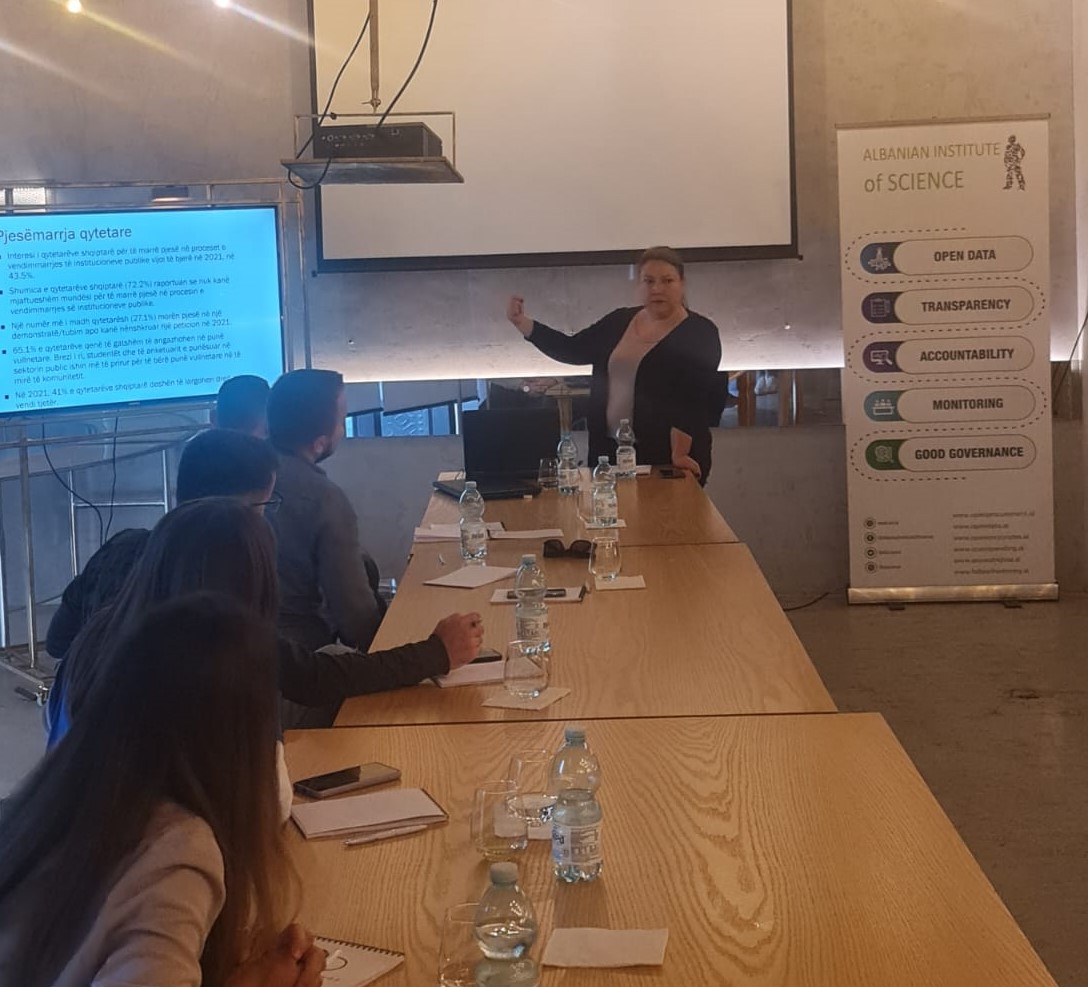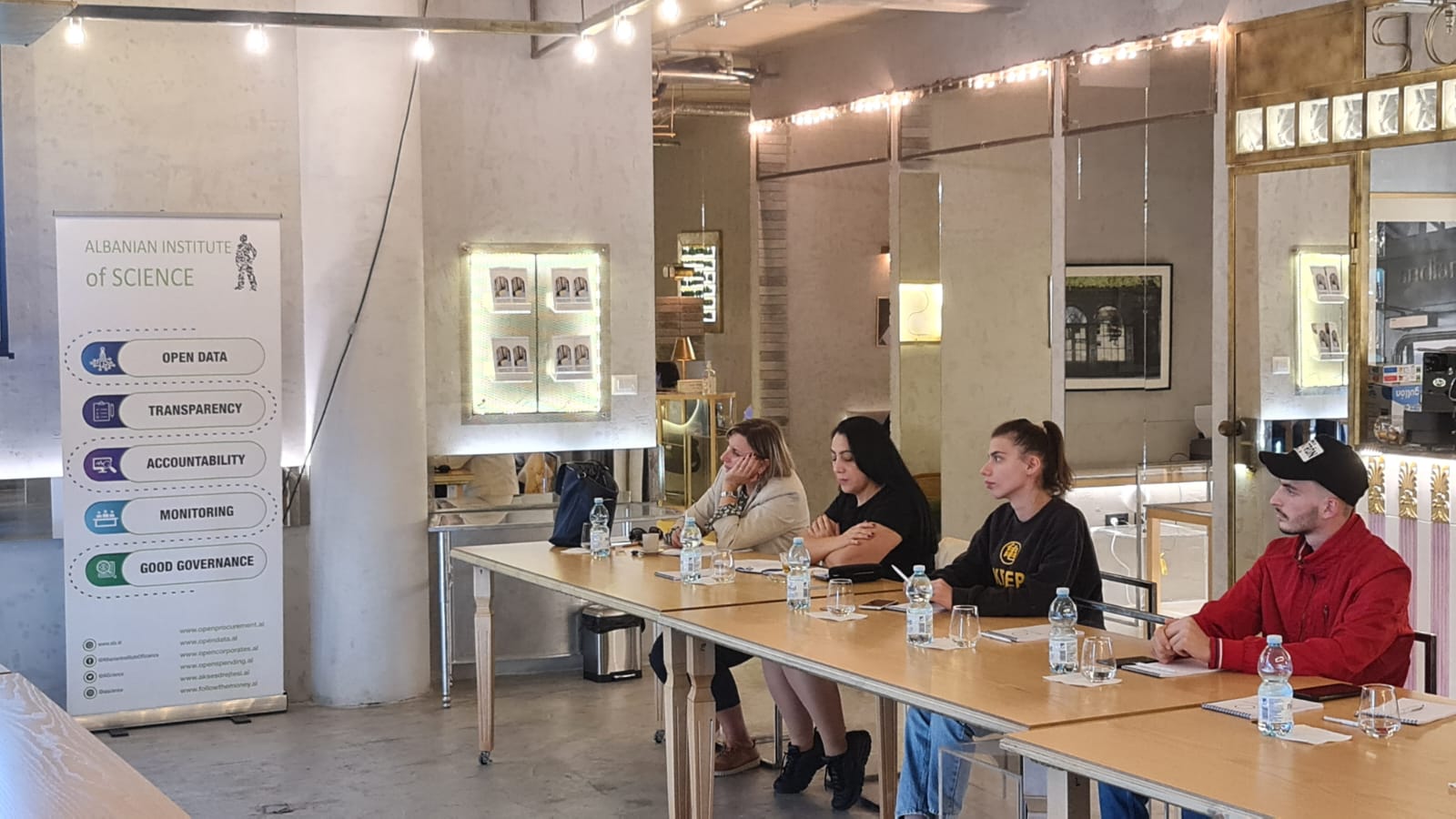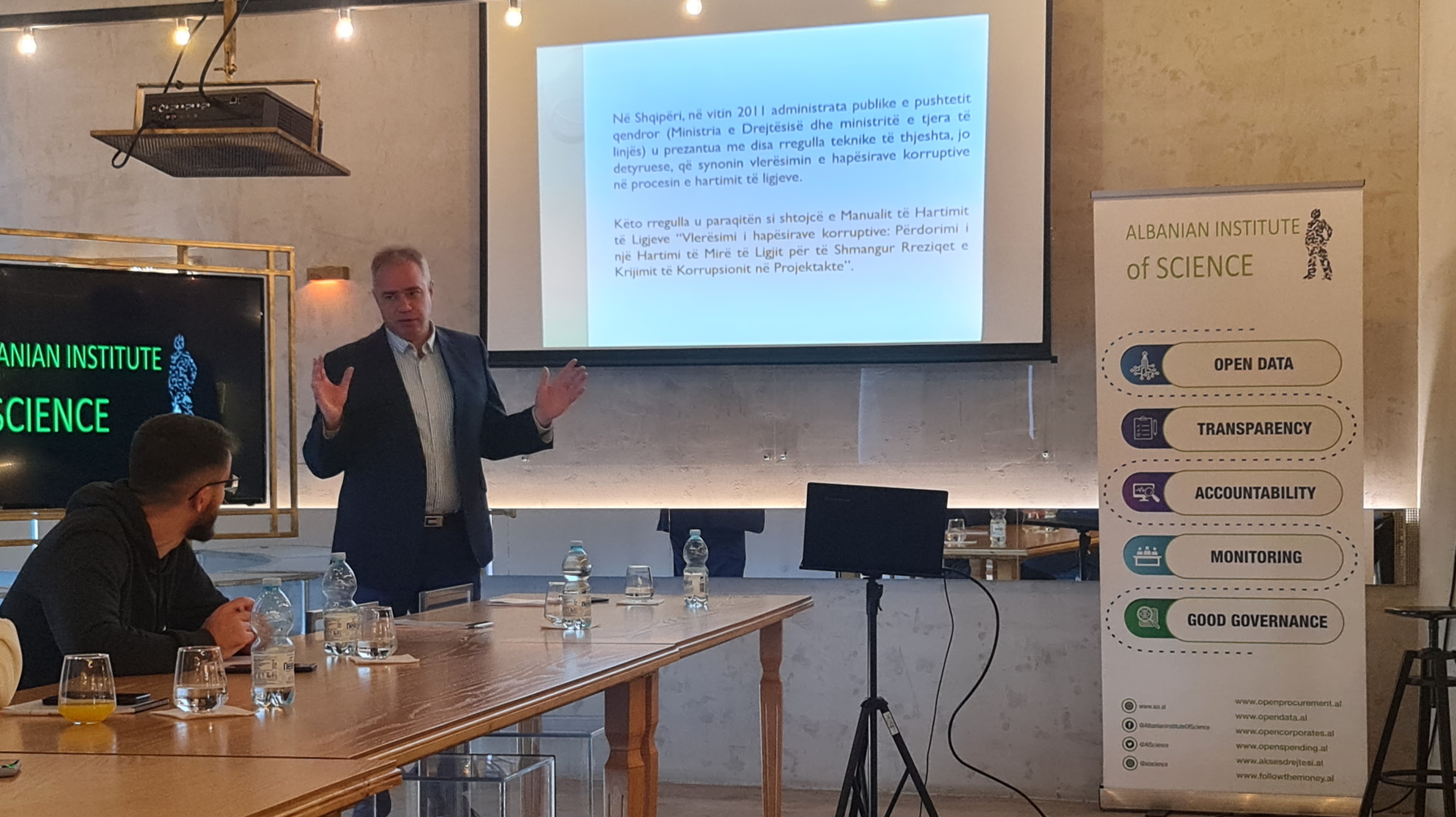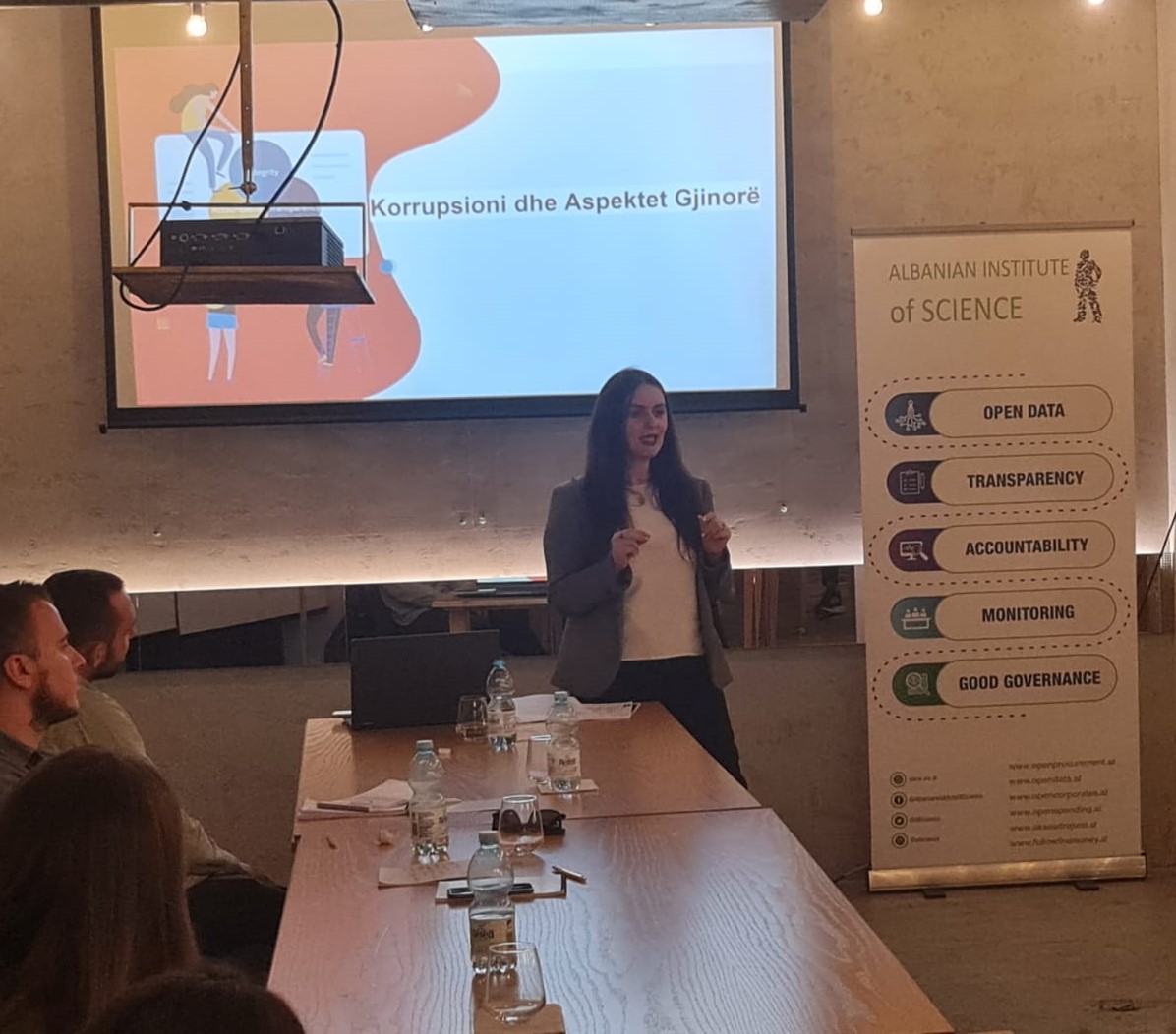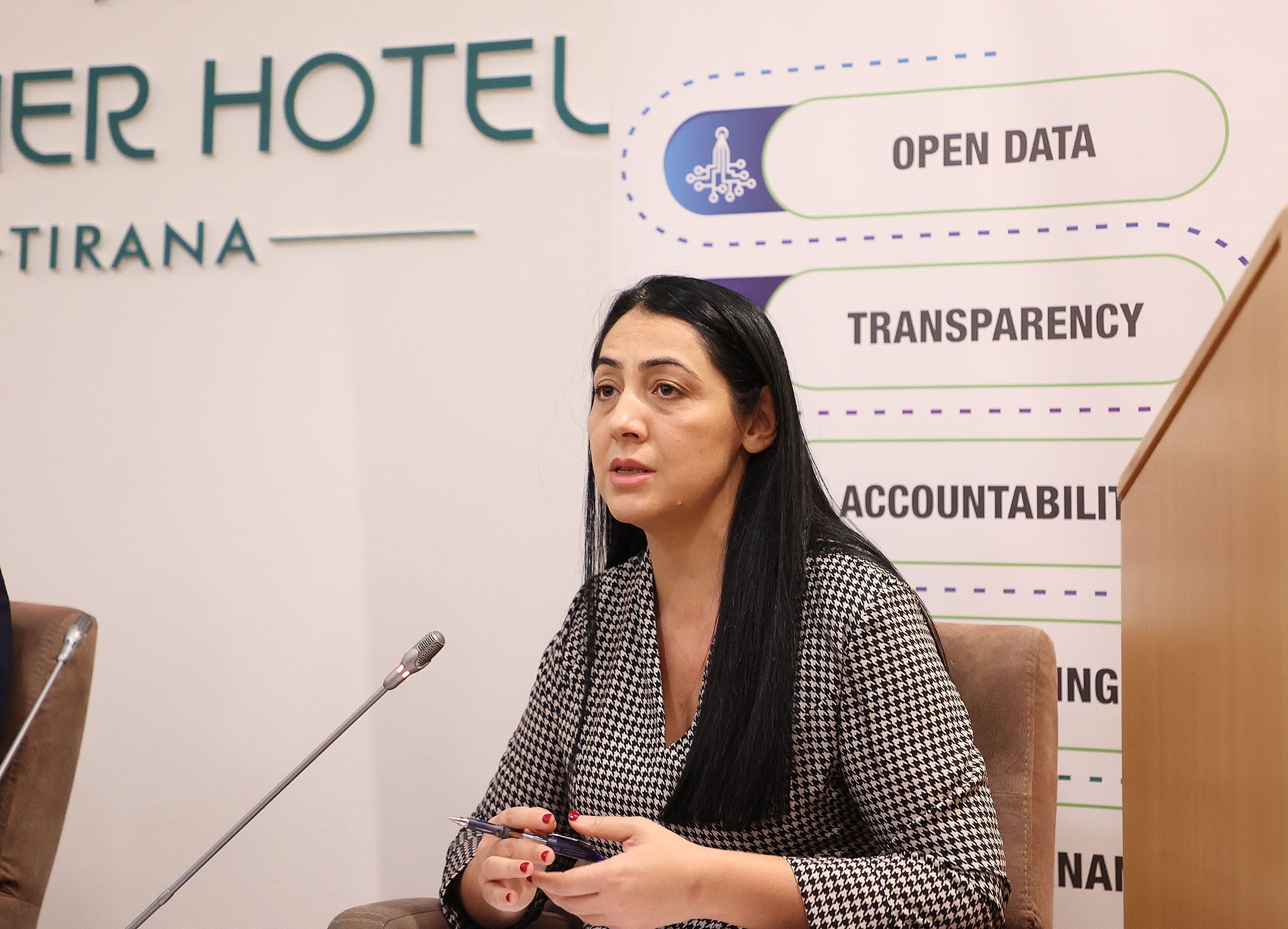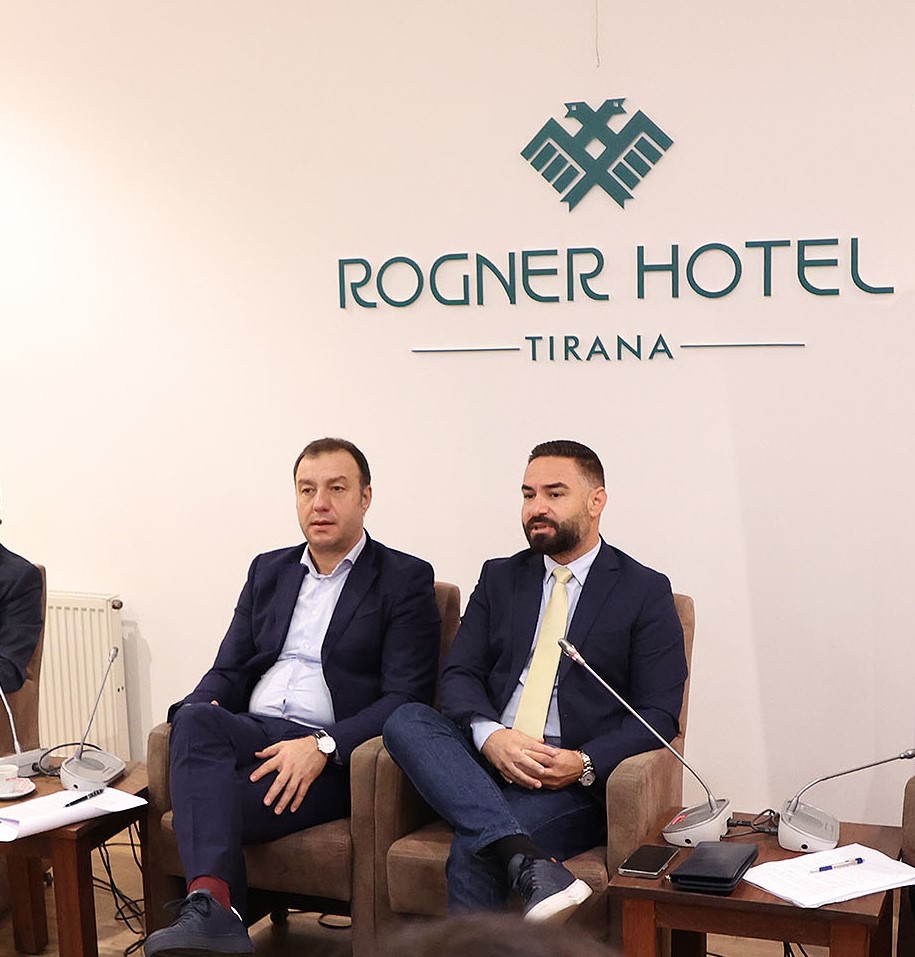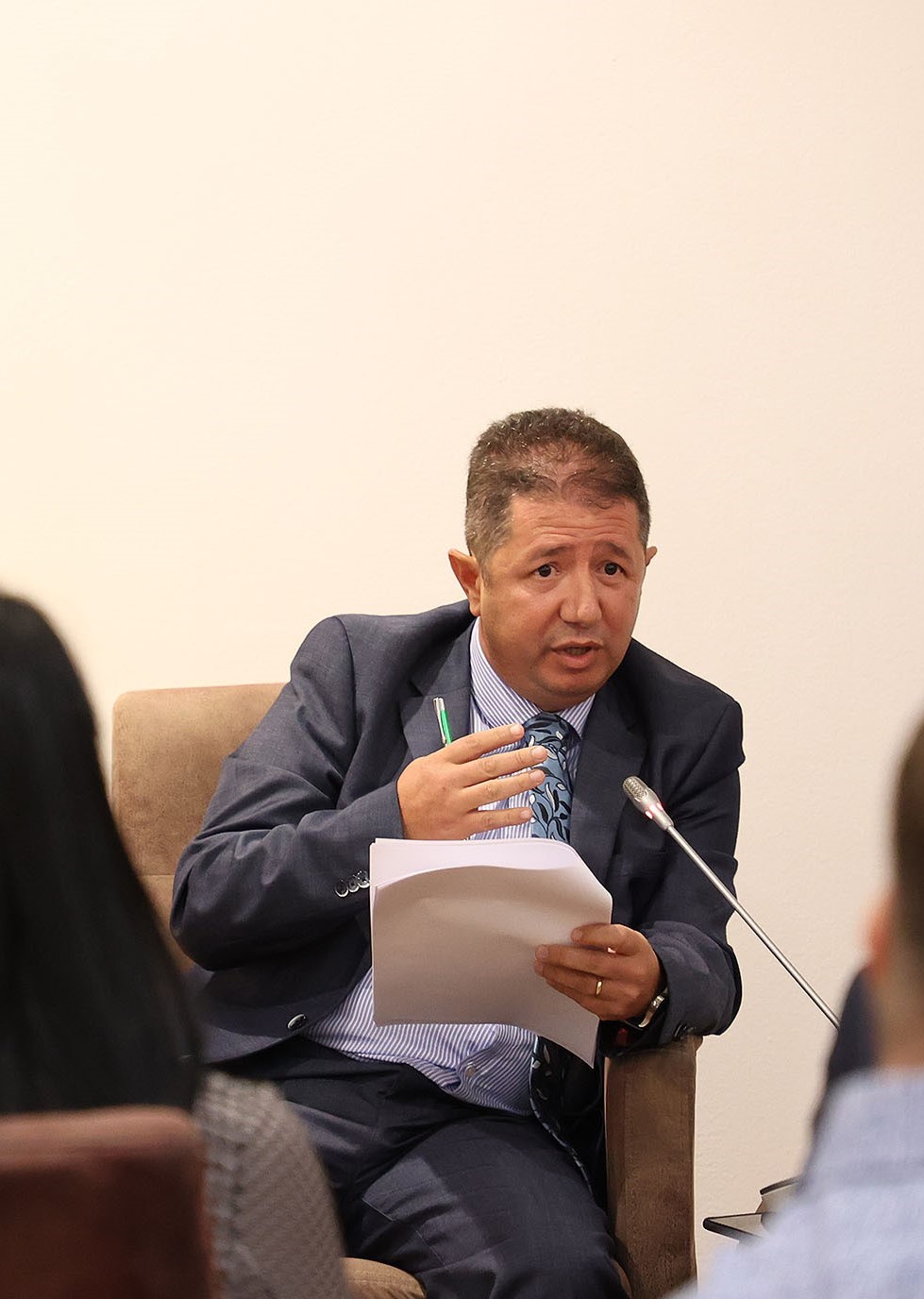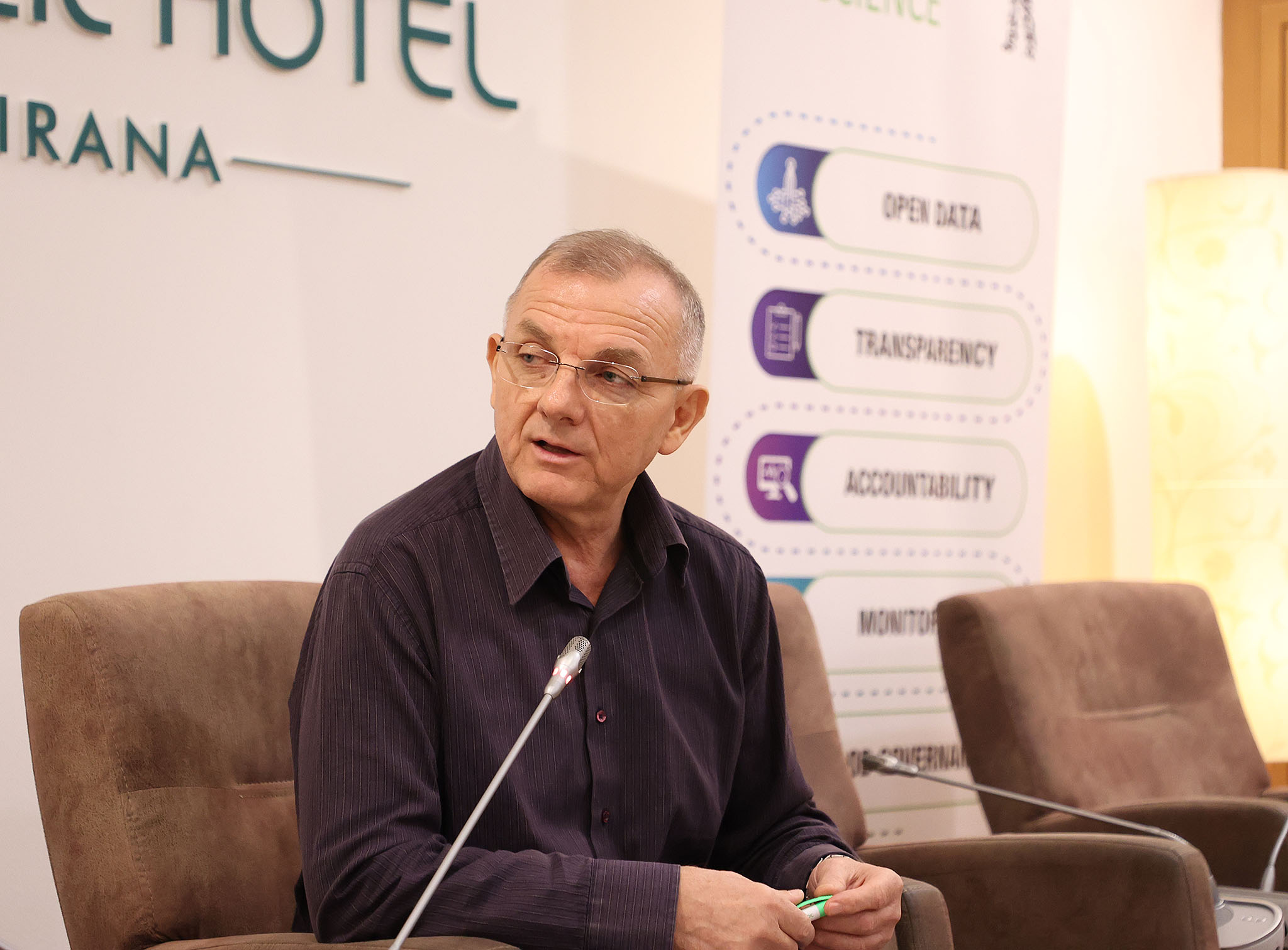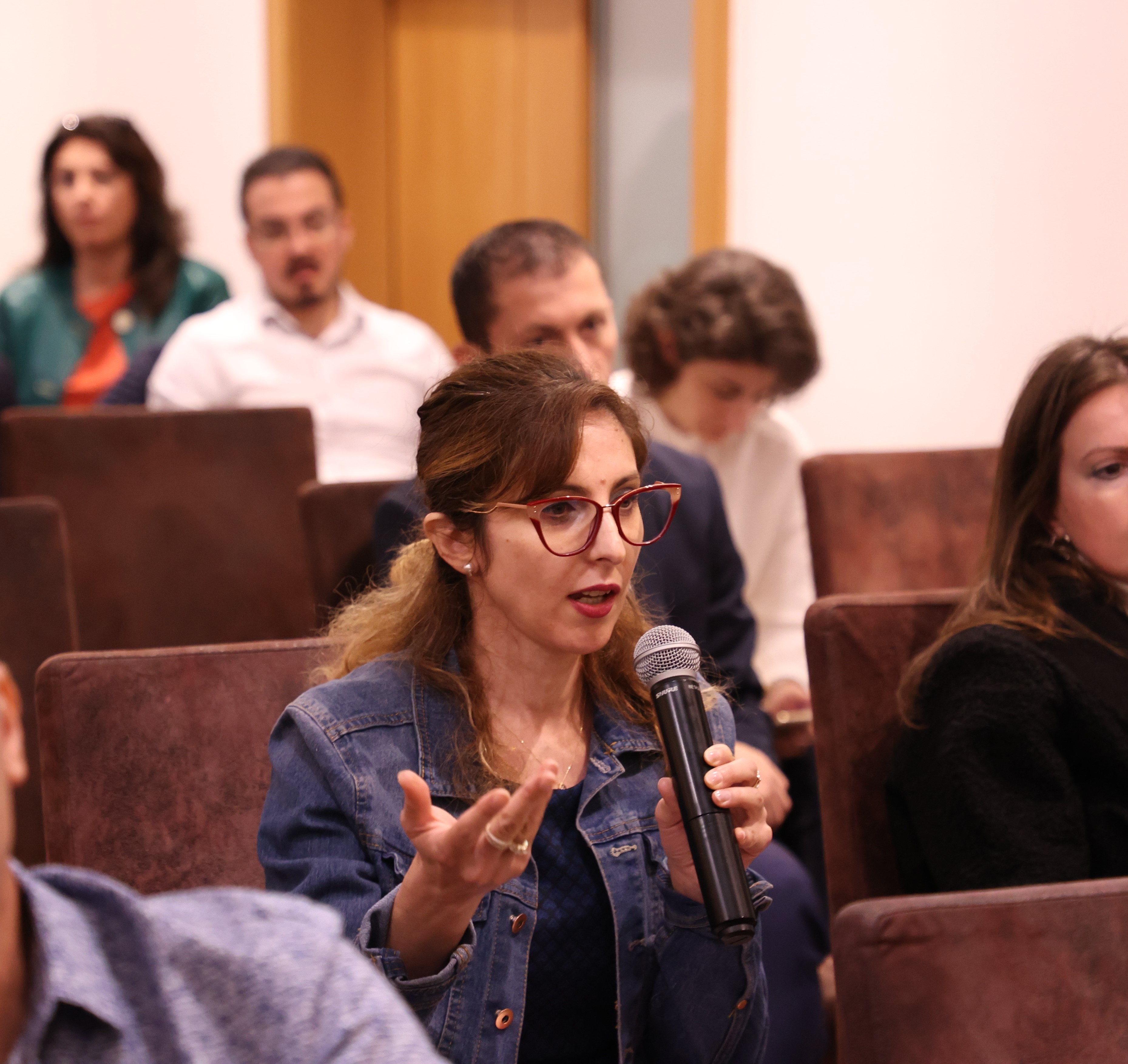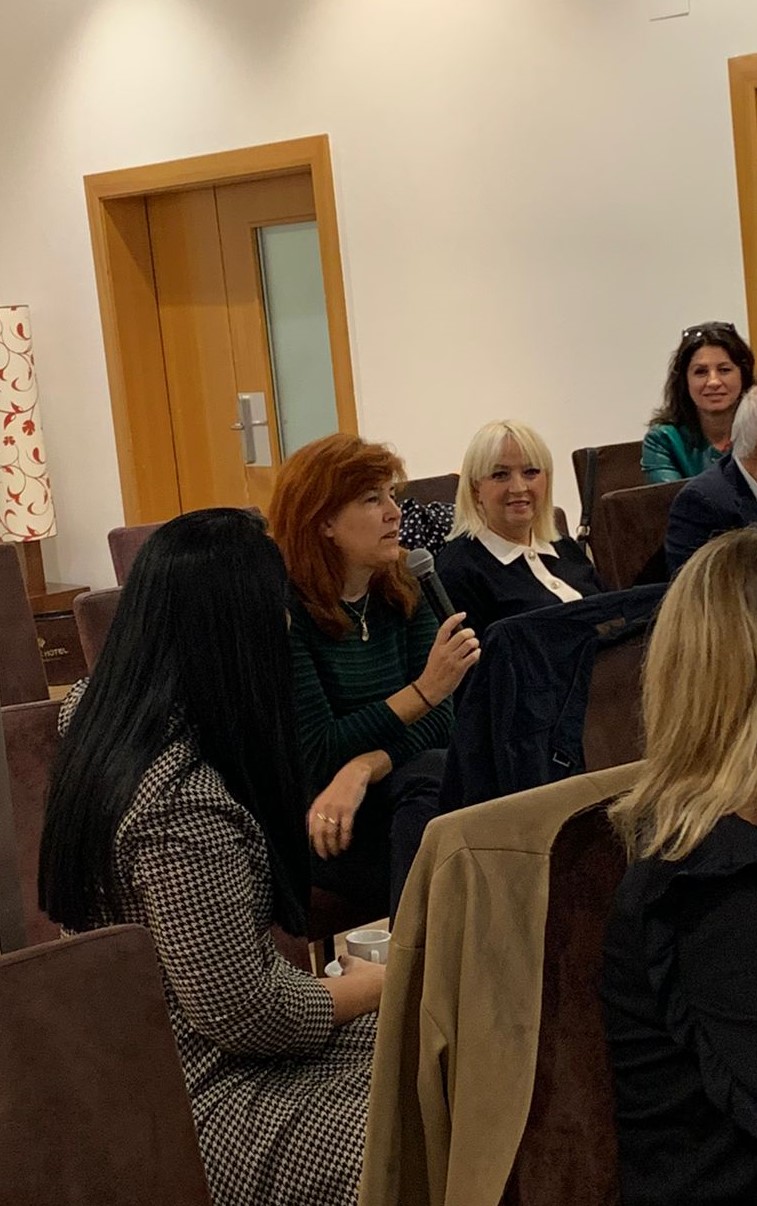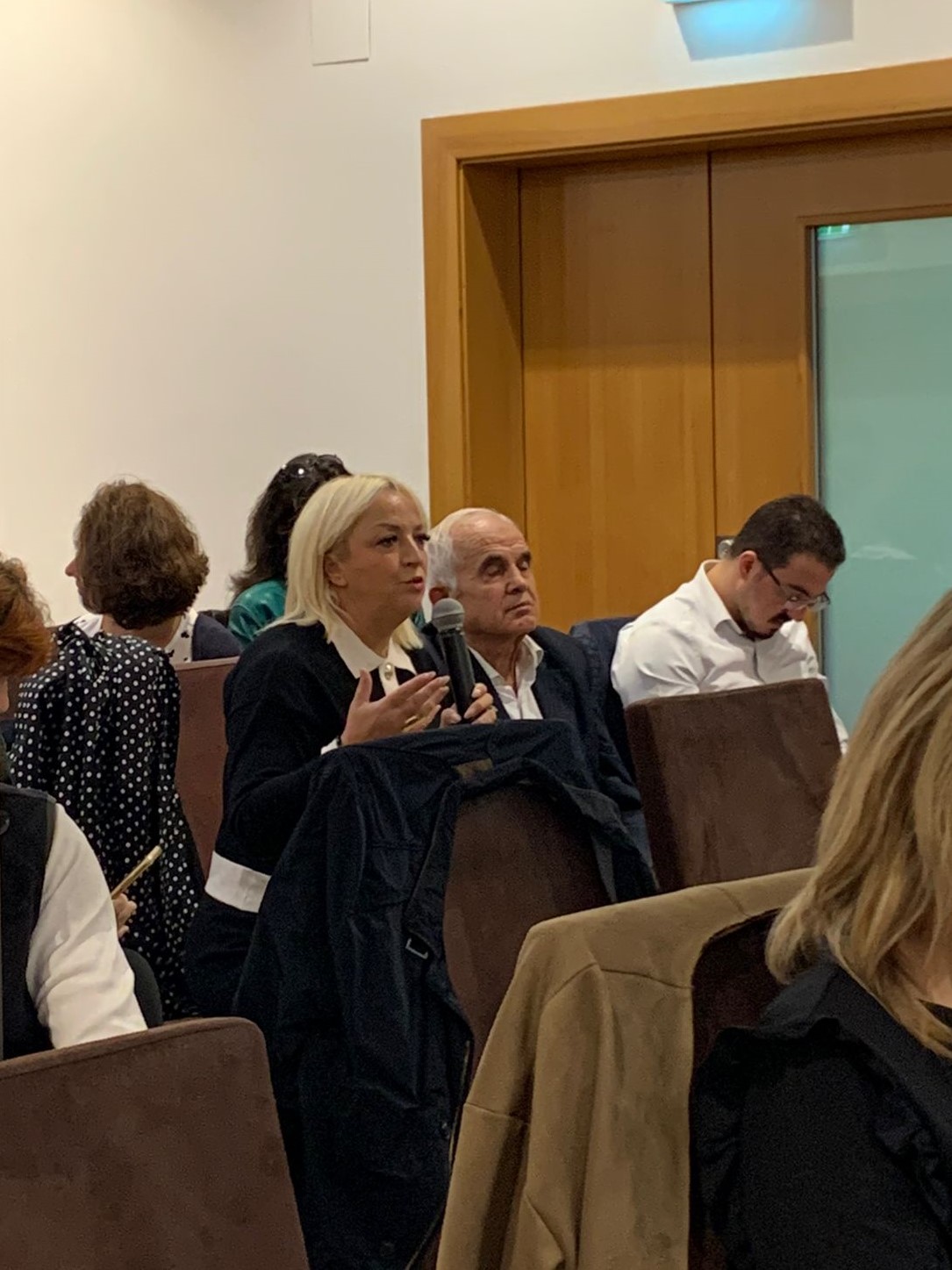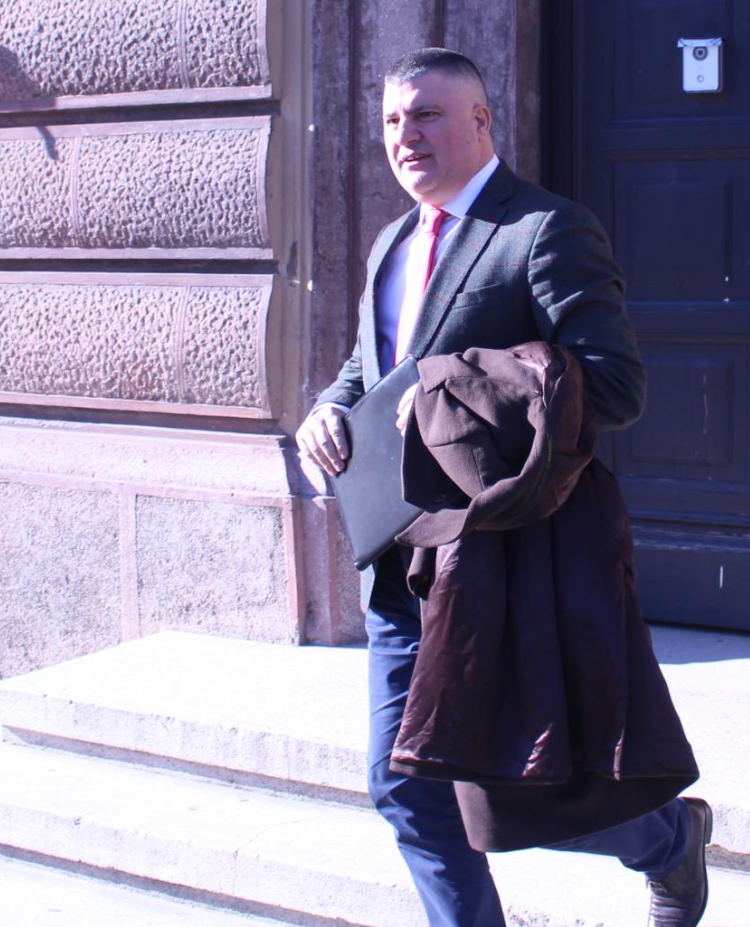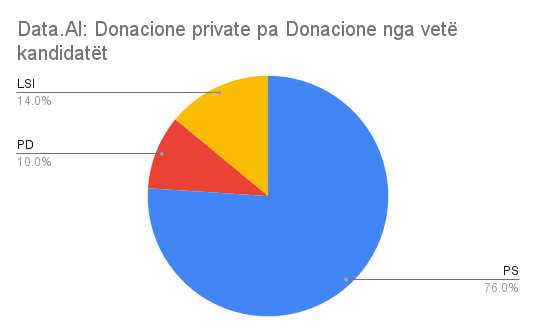The German Newspaper Die Welt writes for Albania: Corruption, justice and issues with press freedom – is Albania ready for the EU?
Albania towards the EU integration, Albanian government, AIS founder, Aranita Brahaj, talks about corruption and justice
The serious German newspaper Die Welt published this September an article entitled: Corruption, justice and issues with press freedom – is Albania ready for the EU? The article carefully analyses some geopolitical aspects and challenges of Albania’s negotiation process in its path towards the EU. The journalist Mandoline Rutkowski visited also our office in Tirana, using our findings on issues such as Corruption, Rule of Law, and the Justice Reform as part of the facts and issues listed in the article. Aranita Brahaj, Director and Founder of AIS, stated that “The country is run by a Prime Minister and a Government, which no one controls. There is no Judicial, Constitutional, or Parliamentary oversight. In the meantime, while the Vetting process in the Justice system was characterized by good intentions, it was poorly planned and executed, leaving the country without a judiciary and judicial control for years.
You can read the full article below:
From Mandoline Rutkowski, Die Welt
The heads of the governments of Albania and North Macedonia shook hands with Ursula von der Leyen, squeezing her hand tightly as if they were afraid that the President of the European Commission could change her mind half way. And in doing so, she could also give up on a promise that the European Union had previously made to statesmen Edi Rama and Dimitar Kovacevski.
This is what was seen on TV on July 19th. It is the day the negotiations the two countries’ EU membership started officially. With this announcement, the two countries are now officially at the forefront of the Western Balkan countries in the EU enlargement process.
Pictures of unity were quite timely for Brussels, as the war in Ukraine at Europe’s doorstep has given the Western Alliance a moment of rebirth. There is consensus that the West must come closer to confront the Russian aggressor, Vladimir Putin. The latter is the very same reason that Ukraine and Moldova were given the candidate status for EU membership in June.
The Western Balkans is also strategically important for the EU, as it forms the land bridge between NATO’s south-eastern side and Central Europe. However, it is becoming clear that, regardless of the current moment, there are still a number of challenges standing in the way of EU enlargement in the Western Balkans. This is obvious in Albania.
Albania celebrated a historic moment after almost three decades. In 2003, Tirana submitted its application for membership. In the days after the announcement, a huge EU flag decorated the government building in Tirana’s ‘Skënderbej’ square.
Affinity with the EU is very high in the country of 2.8 million inhabitants. According to the Public Barometer for the Balkans, 89% of the Albanian people assess the EU membership as positive. Conversing with the locals, the proximity to the EU is apparent. European shops cover the city landscape in Tirana, and the euro is, at least unofficially, the second national currency.
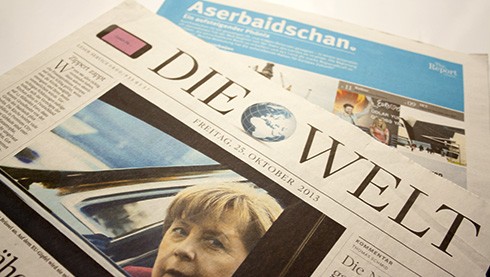
Keeping distance from China
Tirana’s relationship with the EU is close. For years, the country, which was freed from communism in 1991 and dedicated to Western and democratic values, has tried to align itself with Brussels on foreign policy.
In the war in Ukraine, Tirana unconditionally supported EU sanctions against Russia. In contrast to other countries of the Western Balkans, Tirana is holding back on investments from China, with which Beijing seeks to strengthen its influence in the region.
In recent years, a reform in the justice system and the introduction of the so-called Special Structure against Corruption (SPAK), as a special independent prosecutor, has advanced its efforts in the fight against organized crime and drug trafficking.
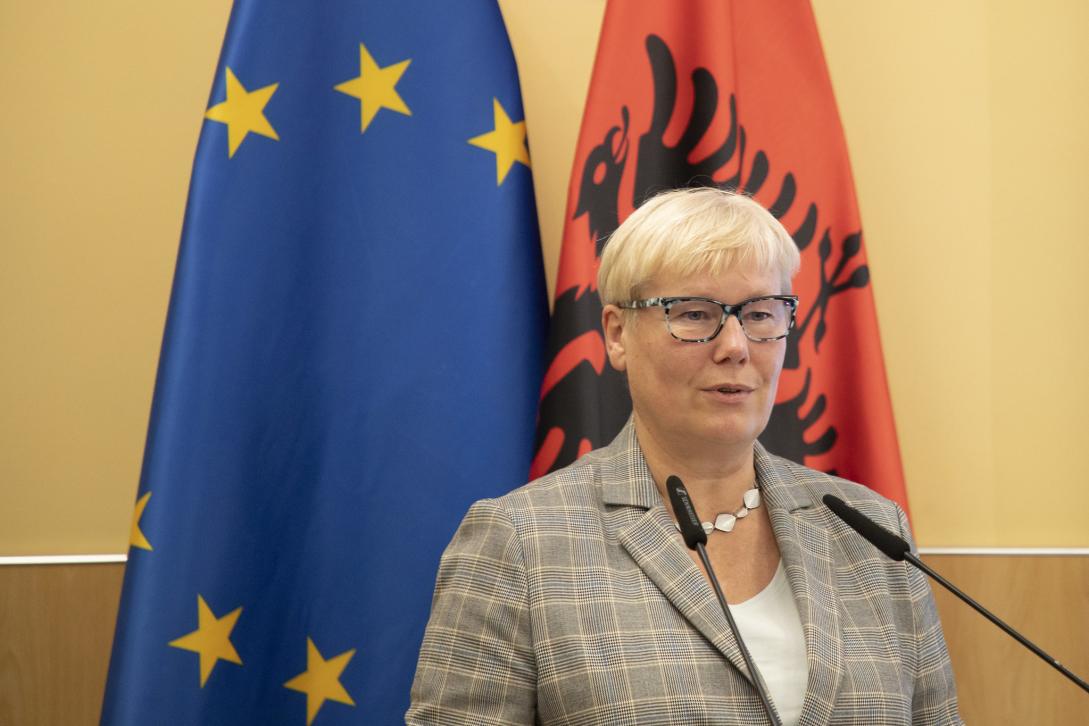
“We have made extraordinary progress in the field of the rule of law and in the fight against corruption,” said Christiane Hohmann, the ambassador of the EU delegation in Albania. She welcomes us to her office with a panoramic view of the capital for an interview. “But our work is far from over; there is still huge work ahead.”
In fact, corruption is a deep wound in Albania, which is very difficult to heal. The country ranks 110th out of 180 in Transparency International’s Corruption Perceptions Index. Aranita Brahaj, the Head of the AIS/Open Data Albania, knows how serious the problem is.
“Corruption is an extraordinary problem in Albania” – says the data analysis expert, whose work focuses on transparency, accountability and anti-corruption. “It is not only present in the high ranks, but also in the daily life of every citizen, be it with being seen by a doctor or choosing your kid’s primary school”.
Albania is not able to exercise judicial, constitutional and parliamentary control over the government, says Brahaj. So, de facto, Prime Minister Rama can freely do anything he wants.
The list of scandals surrounding Rama confirms this statement. The head of the Socialist Party, who once campaigned for the fight against corruption, is accused of ties to the mafia.
Scandals are also multiplying in his orbit of power. Recently, SP politician Alqi Bllako was arrested at the end of April, after he was suspected of being involved in a corruption scandal involving 430 million Euros. The opposition accuses Rama of being the head of criminal activities.
Meanwhile, the government has made efforts to control corruption in the country. In 2016, encouraged by the EU, it adopted a judicial reform that included an intensive reassessment of all judges and prosecutors in terms of professional competence, wealth, and integrity.
Based on the data from the “2021 Report on Albania” of the EU Commission, 62% of the reassessment procedures have ended with resignation or dismissal. The reform was welcomed in Brussels and EU ambassador Hohmann also referred to the vetting procedure as a “successful measure”, which has never been seen before in the region.
But corruption expert Brahaj disagrees. The vetting processes were ‘well-intentioned, but poorly planned’. The Supreme Court and the Constitutional Court were not fully staffed for years and were de facto unable to function. A flawed judiciary has allowed the government to pass ‘corrupt laws’.
Way behind when it comes to freedom of press
An area that Brussels is scrutinizing closely for the progress of the EU membership process, and which worries the EU ambassador, Hohmann, is the freedom of the press in the country: “The understanding that the press is a corrective agent needs to be developed in Albania”. The country is ranked 103rd out of 180 countries by Reporters Without Borders.
The broadcast media is largely in the hands of a few wealthy entrepreneurs with political connections. Prime Minister Rama caused a stir recently after he threatened journalists with ‘re-education’ after critical questions and excluded them from press conferences. “We expect all politicians to treat journalists with respect,” says Hohmann.
The candidate country still has a long way to go before Albania joins the European alliance. For Sokol Dedja, the Head of Political Affairs in the Ministry of Foreign Affairs, efforts are needed not only from Tirana. “In view of the war in Europe and the granting of candidate status to Ukraine and Moldova, the EU must now show more credibility than the promises made to the candidate countries, to show that EU enlargement is a serious process.”
In other words, the EU must prove to Russia that the unity of European countries goes beyond terminology, even as a sign of restraint. According to him, the countries of the Western Balkans have made it their priority joining the alliance because they are “more advanced in preparation”. On the other hand, EU ambassador Hohmann emphasizes that the war in Ukraine will not result in the automatic enlargement of the EU. “Each country will continue to be considered individually. The geostrategic argument should not hide the fact that the countries must of course also meet their respective requirements to enter the EU”. According to Hohmann, Tirana must now prove that the trust of the member countries is justified. “Albania is now facing a marathon”.
Download the full article HERE
